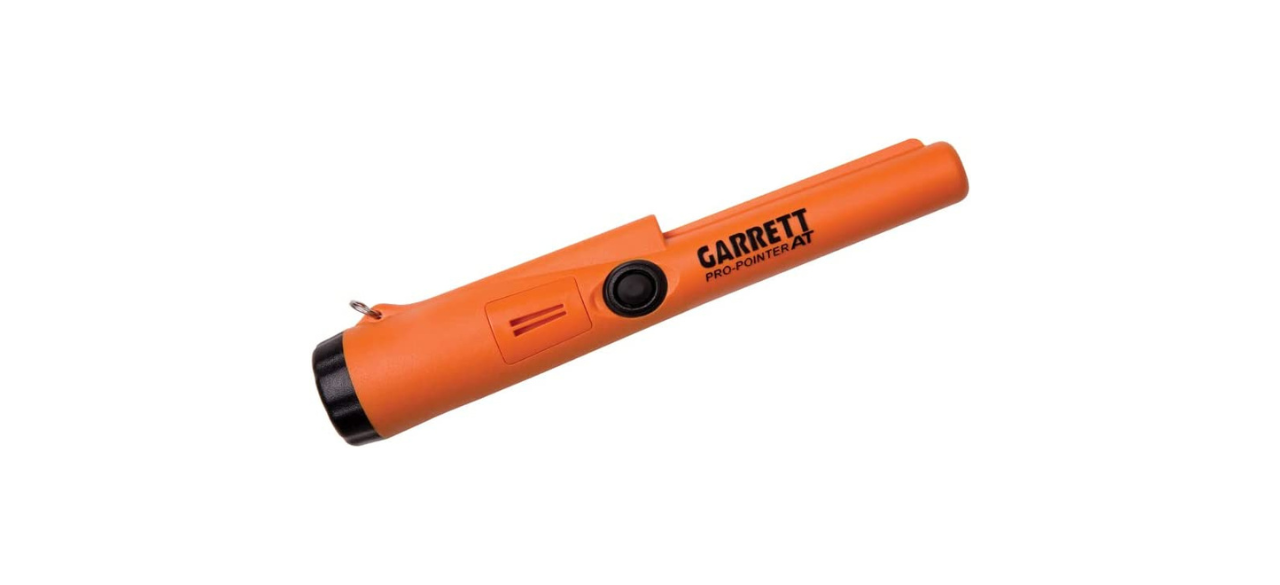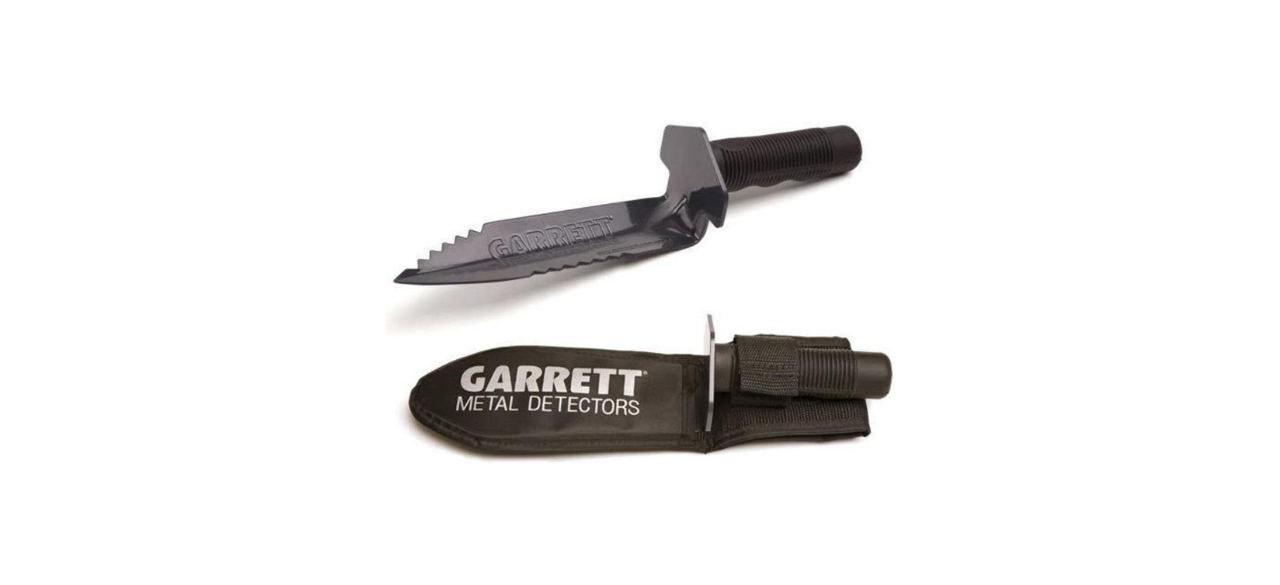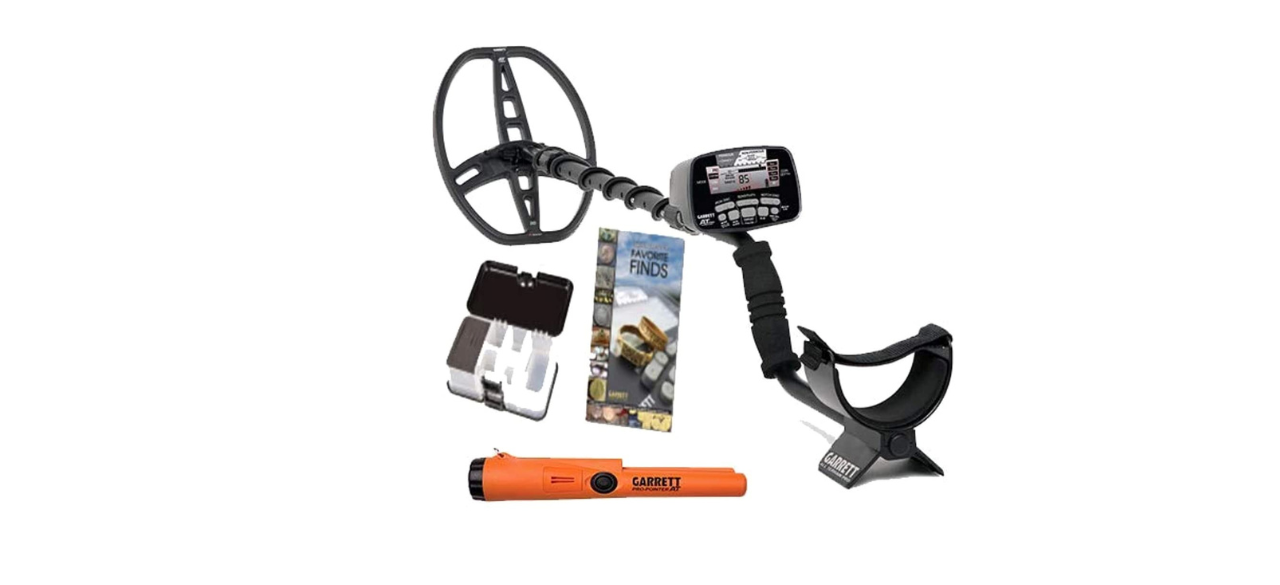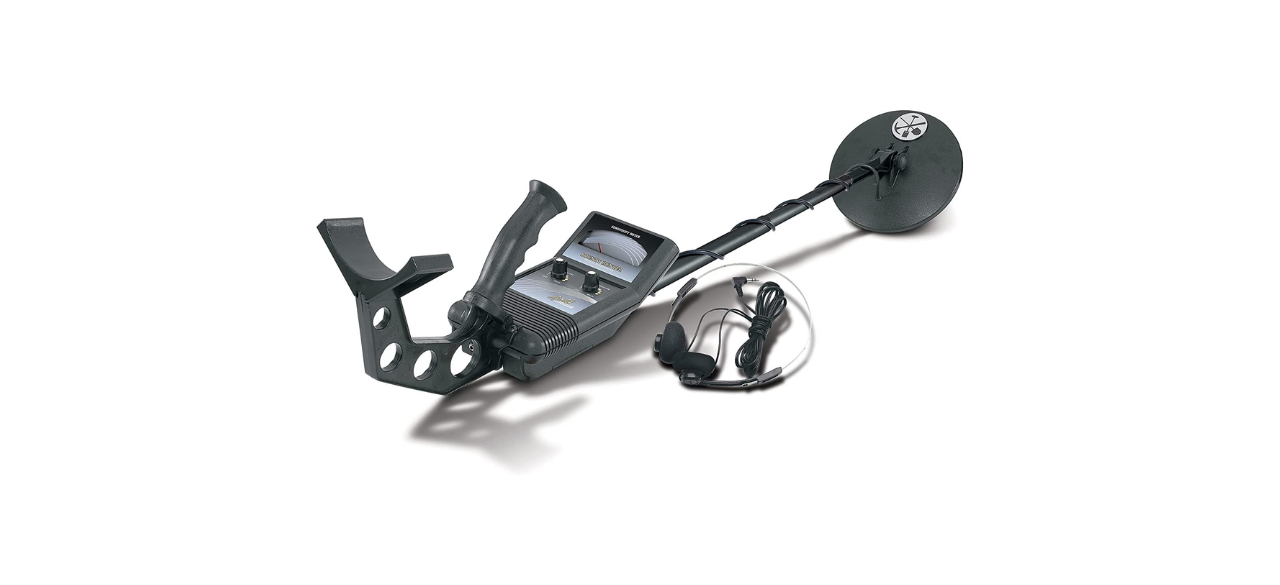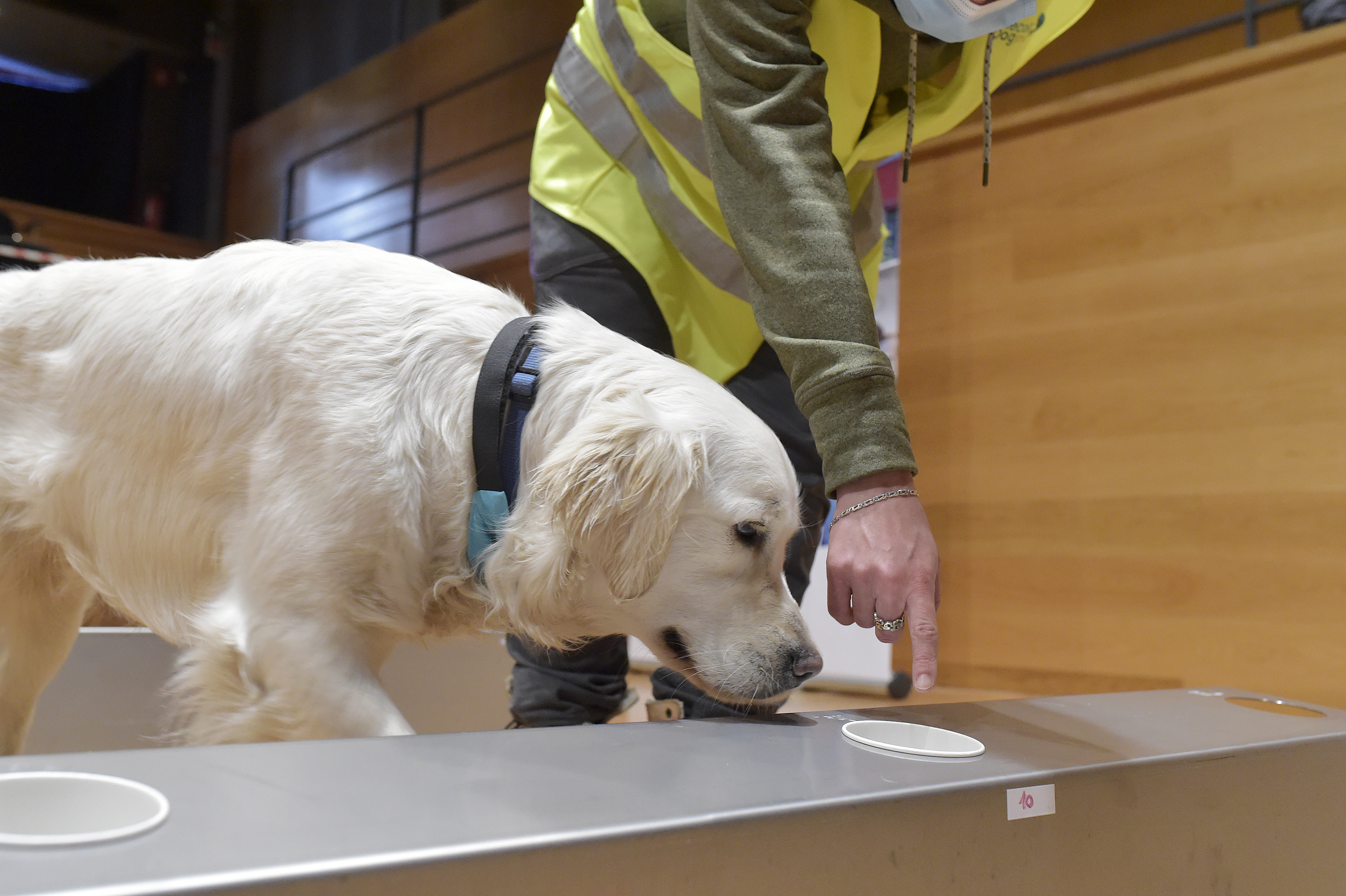Metal detector guide
Metal detecting can be a great way to blow off steam, but some lucky hobbyists locate significant monetary and historical value items. It’s a lottery of sorts, but finding treasure is a fun prospect, and even if you don’t become rich, you’ll likely dig up some cool stuff along the way.
Whether you need a metal detector to find property markers, a septic tank or hidden treasure, knowing what makes them tick and how to use them is essential for beginners.
Shop this article: Garrett AT Pro 55 Year Anniversary Special, Bounty Hunter Gold Digger Metal Detector and Edge digger
Getting started with metal detectors
Things to know before you use a metal detector
- Metal detectors emit a magnetic field beneath the device using electromagnetic coils. The magnetic field from metal detectors induces opposing magnetic fields from within hidden metals the coil passes over. The metal’s magnetic field then alerts the detector of its presence.
- Read your metal detector’s instruction manual to learn how to alter its settings and what its capabilities are.
- Most metal detectors will have default settings ideal for certain types of metal like coins or jewelry.
- Metal detectors often allow you to alter their “discrimination” settings. By adjusting the discrimination, you can set the metal detector to ignore certain metals, like iron.
- The sensitivity setting adjusts how much metal the detector finds. Higher sensitivity can be good, but not if you’re in an area with many pipes or other metals that will throw off your treasure hunting.
- Before taking your metal detector out into the field, it’s a good idea to test it with a few household items first. Grab a few different types of metal items from around your house and hold the metal detector above them — familiarize yourself with the device’s settings and how they interact with the metals.
- Knowing the laws and etiquette of metal detecting is just as important as knowing how the device works. You have to make sure that you’re allowed to use metal detectors in a given location before treasure hunting.
- Most government-owned property is off-limits. In general, most cemeteries are illegal to hunt at; but even where it’s legal, most consider it poor etiquette to use metal detectors at cemeteries. Churchyards, public parks and beaches make ideal locations, but when in doubt, ask permission.
Using a metal detector
- When hunting, keep the coil a few inches off the ground and walk in a straight line. While walking, make a slow, sweeping motion from left to right. Once you’ve walked the distance you plan to survey, turn around and walk in a line parallel to the one you just finished. Repeat this process in a grid-like fashion to make sure you aren’t missing any opportunities or searching the same spot repeatedly.
- When the detector alerts you, begin moving it in small circles until you find what seems to be the strongest signal. If you have trouble, consider temporarily increasing the sensitivity. Some metal detectors have built-in pinpointers that are more accurate at finding an item’s exact location; you can also buy small handheld pinpointers.
Sold by Amazon
- With an edge digger or trowel, cut a horseshoe shape around the spot you’ve pinpointed and fold the ground over; use the portion of the earth that’s still attached like a hinge of sorts.
- If need be, you can dig down a bit deeper with a hand trowel but don’t dig too deep. Take care to set soil to the side so that you can place it back into the hole. Place the ground you initially folded over into the hole, grass side up, and tamp it down.
- Another common metal detecting courtesy is to set a towel next to any hole you dig and place the dirt on it — this will help prevent small piles of dirt from being left around your hunting site.
Sold by Amazon
How much does a metal detector cost?
If you just want the basics or aren’t 100% sure that metal detecting will be a long-term hobby, you can get a capable device for around $50. For a high-end metal detector, you may pay $1,000 or more.
What is the best metal detector?
Garrett AT Pro 55 Year Anniversary Special
This Garrett metal detector has an exceptional iron discriminator and comes with a handheld pinpointer and a box for your finds. The Garrett AT Pro is waterproof up to 10 feet, making it perfect for beach treasure hunting.
Sold by Amazon
Bounty Hunter Gold Digger Metal Detector
The Bounty Hunter is an excellent option for anyone looking for an entry-level device without costly bells and whistles.
Sold by Amazon
Want to shop the best products at the best prices? Check out Daily Deals from BestReviews.
Sign up here to receive the BestReviews weekly newsletter for useful advice on new products and noteworthy deals.
Cody Stewart is a writer for BestReviews. BestReviews is a product review company with a singular mission: to help simplify your purchasing decisions and save you time and money.
BestReviews spends thousands of hours researching, analyzing and testing products to recommend the best picks for most consumers.
Copyright 2023 BestReviews, a Nexstar company. All rights reserved.

